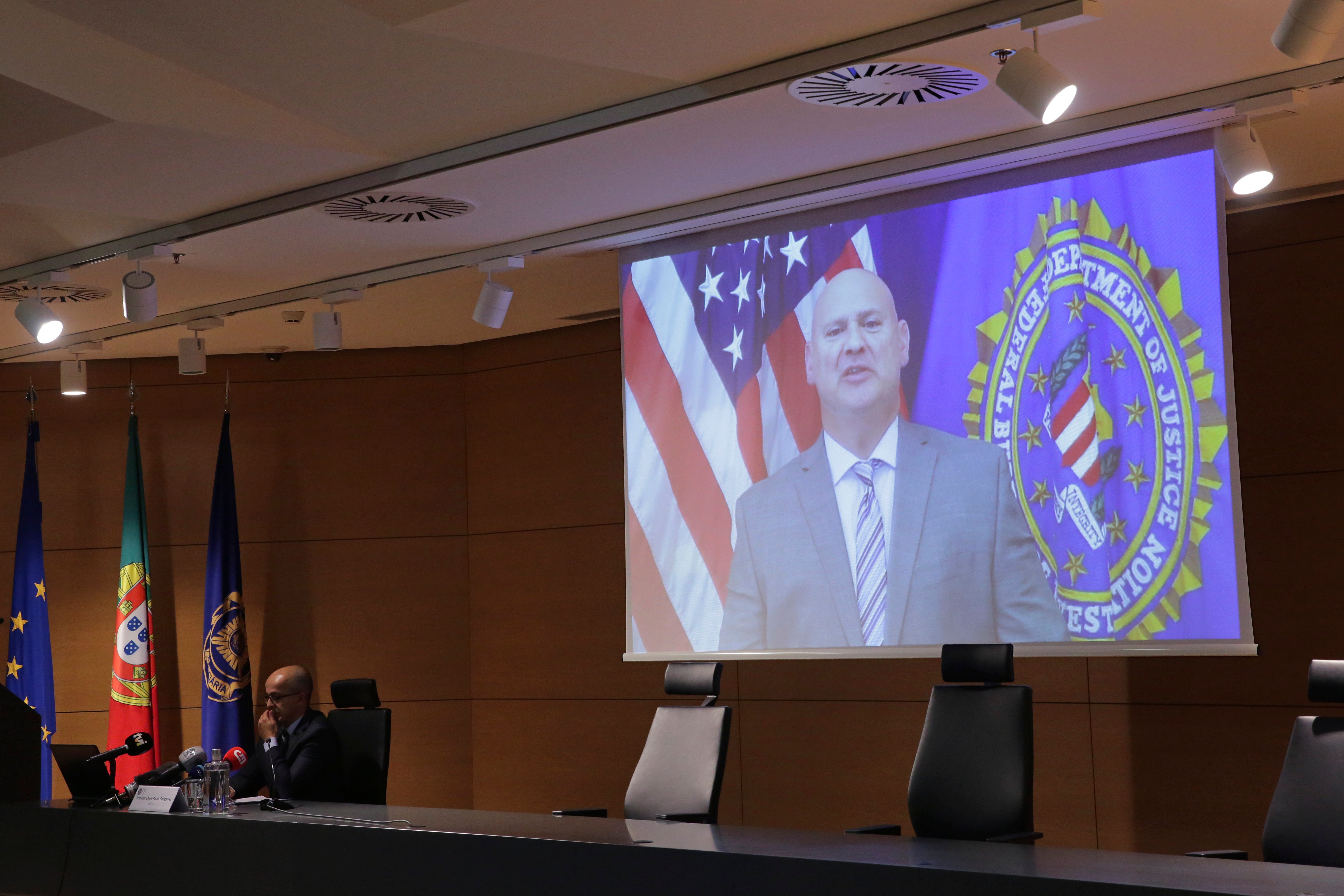Cybercrime money-launders busted by European police, FBI
European and American officials say that they have arrested 20 people for allegedly belonging to an international ring that laundered millions of euros stolen by cybercriminals

Your support helps us to tell the story
From reproductive rights to climate change to Big Tech, The Independent is on the ground when the story is developing. Whether it's investigating the financials of Elon Musk's pro-Trump PAC or producing our latest documentary, 'The A Word', which shines a light on the American women fighting for reproductive rights, we know how important it is to parse out the facts from the messaging.
At such a critical moment in US history, we need reporters on the ground. Your donation allows us to keep sending journalists to speak to both sides of the story.
The Independent is trusted by Americans across the entire political spectrum. And unlike many other quality news outlets, we choose not to lock Americans out of our reporting and analysis with paywalls. We believe quality journalism should be available to everyone, paid for by those who can afford it.
Your support makes all the difference.European and American officials said Thursday that they have arrested 20 people in several countries for allegedly belonging to an international ring that laundered millions of euros stolen by cybercriminals through malware schemes.
The international police operation “2BaGoldMule” led by Portuguese investigators and the FBI included 14 more European countries, under the umbrella of Europol. Europol said that more than 40 homes were searched by agents in Spain, Italy, Bulgaria and Latvia in the operation.
Most of the house searches were carried out in Latvia, where six arrests were made. Another six arrests were made in Britain, four in Spain, and one each in Portugal, Poland, the U.S. and Australia, according to Europol.
The ring “QQAAZZ” allegedly laundered cybercriminals’ stolen funds, transferring them between hundreds of bank accounts held in banks across the world, officials said. The ring included citizens of Russia, Latvia, Georgia, Bulgaria, Romania, and Belgium, according to the U.S. Justice Department. The ring laundered money stolen from victims in the U.S. and European countries. The suspects face criminal investigations in the U.S., Portugal, Spain and the U.K.
“This operation has shown that through this cooperation we can collectively tackle the global nature of cybercrime. This is the only way forward,” said Carlos Cabreiro, director of Portugal’s National Unit for Fighting Cybercrime.